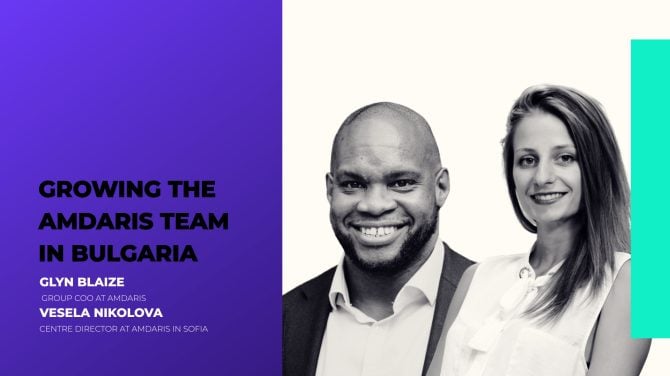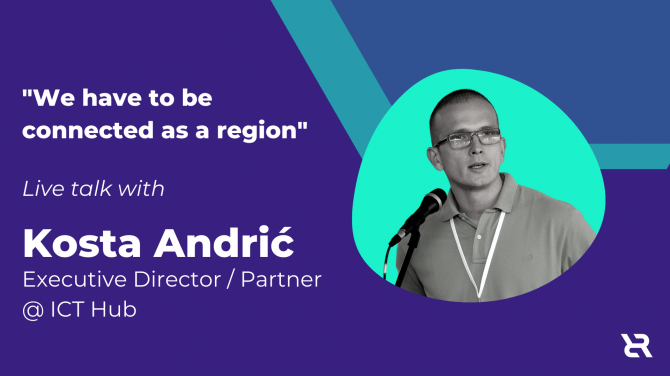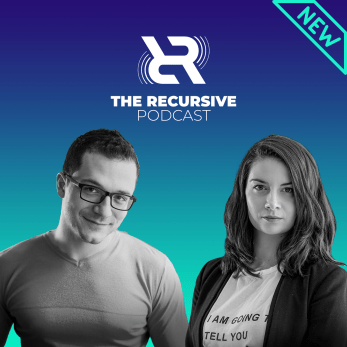Are you feeling exhausted scrolling through your daily dose of information overload? You’re not alone. Every US citizen is spending over 13 hours, consuming media per day, according to a recent report. And the pandemic only made it worse – increasing the time we spend engaging with digital, social, and traditional media.
Even if we’re consuming insightful information and not just purposelessly wandering on social media, we end up feeling distracted, indecisive, unproductive, because our cognitive capacities are drained.
In fact, information overload not only leads to poor personal well-being but is also estimated to result in significant economic losses in the workspaces of around $900B every year. And even though one might think that the amount of “screen time” itself is the most serious cause of the problem, research suggests that at the root of the problem is the content that we choose to consume.
So, what are we to do if we want to change our habits as consumers of information?
Well, “becoming a picky eater” and determining what information is truly important, identifying how to find the most precise information to reach your goals, and understanding that the more is not the better when it comes to content consumption seem to be good solutions to the problem.
The Romanian serial entrepreneur and expert on content curation Vladimir Oane, founder and CEO of Deepstash – an app with community-curated short and meaningful ideas, extracted from books, websites, and videos, shares his perspective on the topic.
A breath of fresh air in the ocean of misinformation
“Every year the amount of new content exceeds all the content produced until that year in the whole history of humanity. That applies for books, articles, movies, and TV shows and I think that in a world with pretty much infinite content, curation becomes more important by the day,” Oane starts. He explains curation as the process of filtering content to meet the needs of users, by selecting the right content for them and summarizing the key ideas that resonate with them on an individual level.
He illustrates that his social curation app Deepstash selects books, articles, podcasts, and other information sources that would meet the needs of each user and highlight the key ideas in these sources. Then, it organizes them into collections that are called “stashes” with the goal to create a whole network of infinite learners, who are passionate about personal growth. “In a world full of news and divisive content and misinformation, an app like ours is like a breath of fresh air,” Oane points out.
Knowledge is the new oil
According to Oane, having access to better and quick information and putting it in the right place, so it can be accessible just in time, is like a superpower for both individuals and organizations. “Knowledge is the new oil. So having a tool that could keep you organized and give you access to information that would add leverage to everything that you’re doing on a daily basis is what is going to take you to the next level,” he adds.
Oane points out that there is a lot of beauty and value-added in having access to precise content because this is what improves our cognition. Deepstash manifests this by allowing users to quickly bring up on-screen ideas that they have stashed months ago and reconnect with the meaning of this idea.
Oane highlights that the problem of information overload that Deepstash solves is felt at a more emotional level. “I think the people, who are embracing apps like ours, and services like ours, are people who are feeling overwhelmed, or are experiencing a fear of missing out. With all of this information popping up on Messenger, WhatsApp, and Slack, Deepstash offers a sort of meditative experience, compared to incumbent social networks,” Oane explains.
Businesses can also take advantage of content curation even though this trend has not picked up pace yet. “The majority of businesses are discovering that connecting with users on common values and associating with ideas, rather than aggressive advertising is the way forward and an app like ours seems to be like the perfect match. But even outside of the pure promotion, there are tangible internal benefits such as for example onboard employees, and designing new methods of passing information around the organization,” he shares. In other words, content curation apps and platforms can make the information flow in a company more useful and get the desired engagement from the workforce. In order for this to happen, however, information has to be shorter, actionable, and social, and have less of the characteristics of an old-school document management system.
Big picture insights on content consumption
“The medium is the message. A lot of the types of information that we are being exposed to are being influenced by the tools that we have access to. So nowadays everyone carries a phone in their pockets, and we have instant access to entertainment information, which is best optimized for very short, punchy types of content. And I think this is probably here to stay”, Oane shares. He does not expect that in the future people will go back to reading large tomes in the libraries because our attention has already been changed fundamentally.
Vladimir Oane explains that right now because most of the information is being monetized through advertising, the quality and the usefulness of the content for the consumer is oftentimes irrelevant in the equation. When people are reading an article online that makes them unsatisfied or unhappy, the publisher still gets the advertising revenue that the user’s click has generated. “The current inability to match the desires of the content consumer with the suppliers might change with technologies like blockchain and micropayments, that will make incentives better aligned,” Oane concludes.
How the idea of launching Deepstash came up, what is the logic behind its current business model, and what are the future plans of the Romanian content curation app – see in the video interview.





